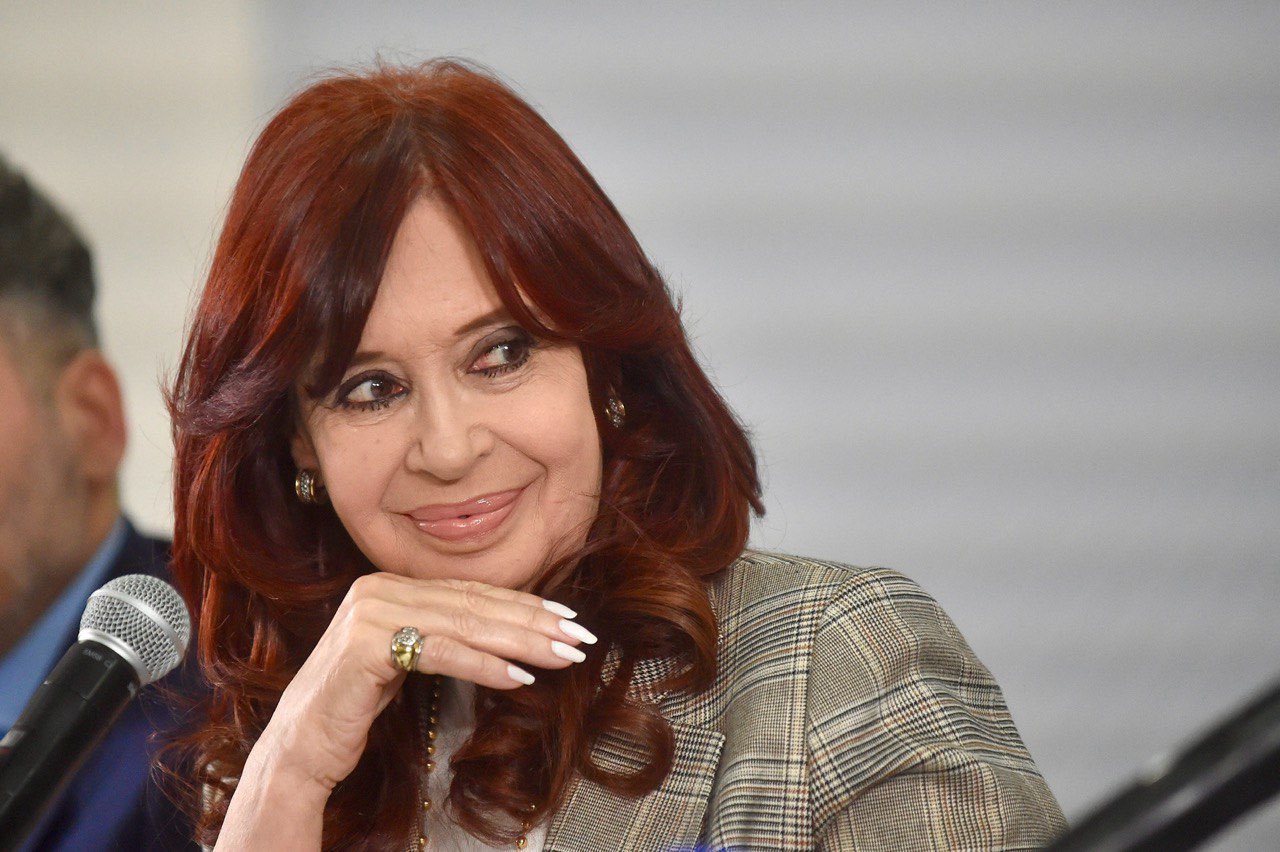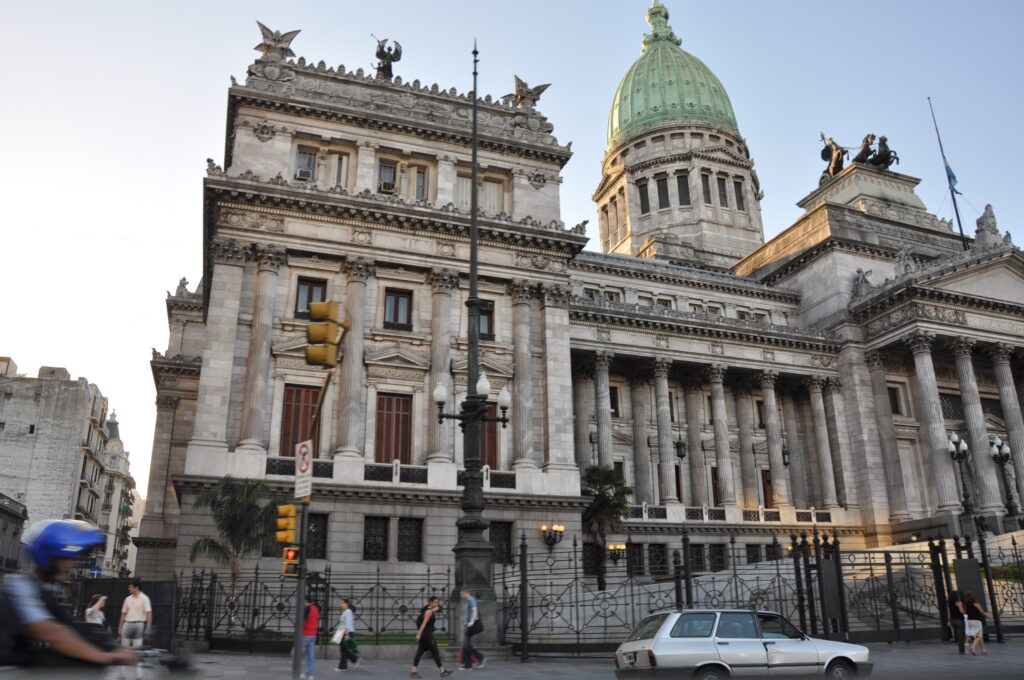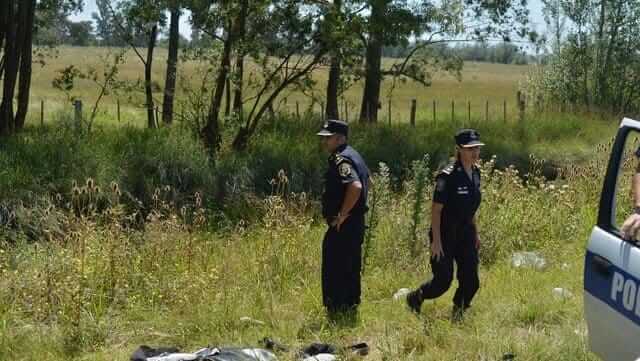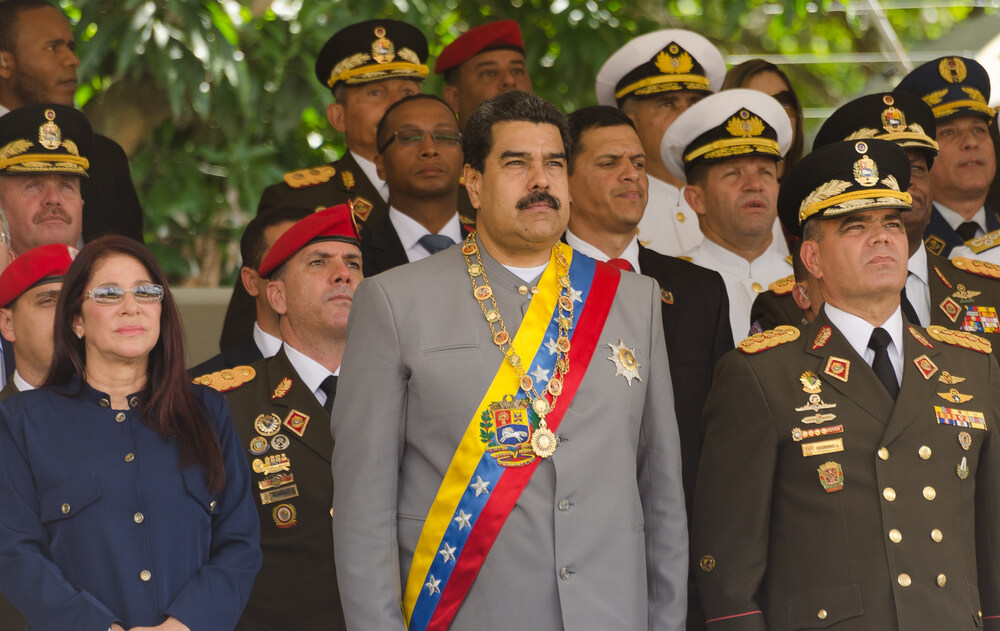Buenos Aires, Argentina — Cristina Fernández de Kirchner, Argentina’s former vice president and a perennial powerbroker within the country’s Peronist political movement, has announced she’ll run for president of the party, now called the Justicialist Party.
The announcement comes at a crucial moment for Fernández de Kirchner. Some Peronisht leaders had hoped her power within the party would wane due to poor decision making during her last term as Argentina’s vice president. But a recent surge in the polls — likely driven by the current economic crisis in the country — could place her back atop the Justicialist Party’s leadership.
Regardless, she still faces opposition from powerful party figures, including Ricardo Quintela, the governor of the province of La Rioja, who has confirmed his candidacy for party president, as well as Buenos Aires provincial Governor Axel Kicillof, who has faced off at times with Fernández de Kirchner’s son and has yet to publicly comment on her candidacy.
“I am willing, once again, to accept the challenge of debating in unity,” said Fernández de Kirchner on X on October 7. “No one is superfluous here. Unity needs direction and a project to build the best possible Peronism, in an Argentina that has become impossible for the majority of its inhabitants.”
Fernández de Kirchner’s announcement garnered initial support from her most loyal base, primarily city mayors in the Buenos Aires province, where she is most popular, including Mayra Mendoza from Quilmes and Federico Otermín from Lomas de Zamora. However, she still faces an uphill battle to convince the majority of Peronists, especially those who rule over the biggest provinces.
Quintela, who was the first member of the Justicialist Party to announce his candidacy for the party’s leadership, didn’t back down following Fernández de Kirchner’s announcement.
“I also want to debate in unity,” Quintela said on X. “Like Cristina, I believe no one is redundant, and my project intends to lead in unity, joined by everyone … To all my partners in the Justicialist Party: I will continue to meet face to face with you in every corner of the country.”
For two decades, Fernández de Kirchner has been one of the most influential figures in the Peronist movement and Argentine politics. Her husband, Néstor Kirchner, served as president from 2003 to 2007, and she served two terms as president immediately afterward from 2007 to 2015. She most recently served as vice president under Alberto Fernández, and following a severe economic crisis during his administration, chose not to run in general elections last year, which saw the election of libertarian Javier Milei.
While she remains the most popular figure in the Justicialist Party and has the best performance in national polls, her popularity has been slipping from the heights of her two terms as president. Moreover, unilateral decisions — such as nominating Alberto Fernández for president without any internal debate — have alienated her from some Justicialist Party party members.
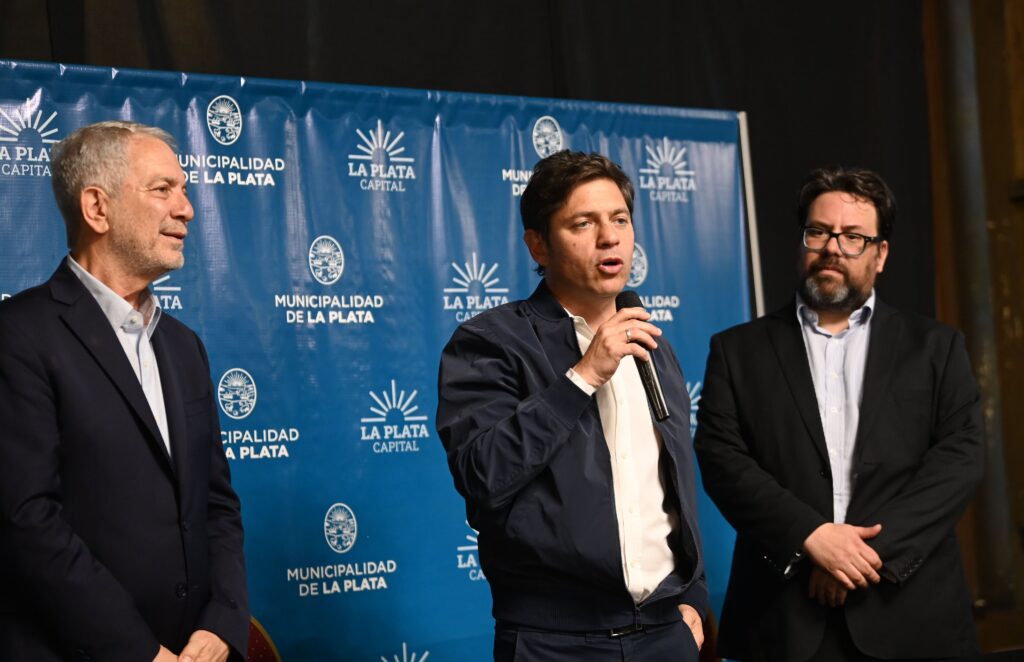
Another factor is also potentially shifting the power balance within the party. This month, Argentina’s Congress passed a bill to update the country’s voting system which provides for a single paper ballot with every party listed, instead of the traditional paper ballot issued for each political party. The change provides more power to local governors and mayors to select nominees for legislative office and skirt around brokering political deals with national party leaders — like Fernández de Kirchner.
Analysts believe the new ballots play a role in provincial politicians’ silence so far on Fernández de Kirchner’s candidacy for party president. While her team believes they can convince Quintela to support her, she still faces potential opposition in the country’s largest province, Buenos Aires, where Governor Kicillof is currently engaged in political infighting with Fernández de Kirchner’s son, Congressman Máximo Kirchner, over control of the party in the province.
So far, Kicillof has remained silent about Fernández de Kirchner’s bid for party president. Some supporters of the former vice president expect the governor to stand down and accept her role as political kingmaker. Kicillof is expected to speak at an October 17 rally to honor Loyalty Day, a major celebration for Peronists, and the speech’s content could provide clues as to whether he’ll decide to back the party legacy, or move in a different direction.


